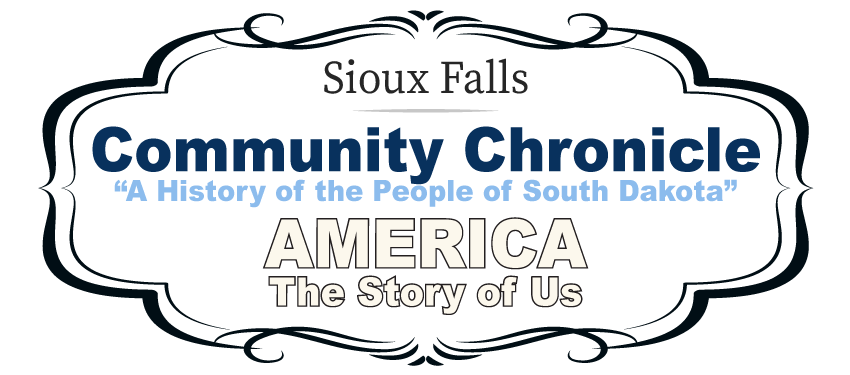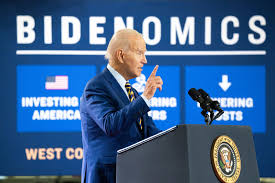
United State's Affairs:
The origins of the United States of America really began in Western Europe, during a period of time where a group of people were rebelling against the Holy Roman Empire, which was a confederation of small and medium-sized political entities all across medieval Europe between the years 972 and 1806.
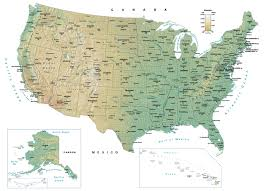
To better understand what this group of people were attempting to escape from, one has to better understand who, what, and Define what the Holy Roman Empire was, and was not.
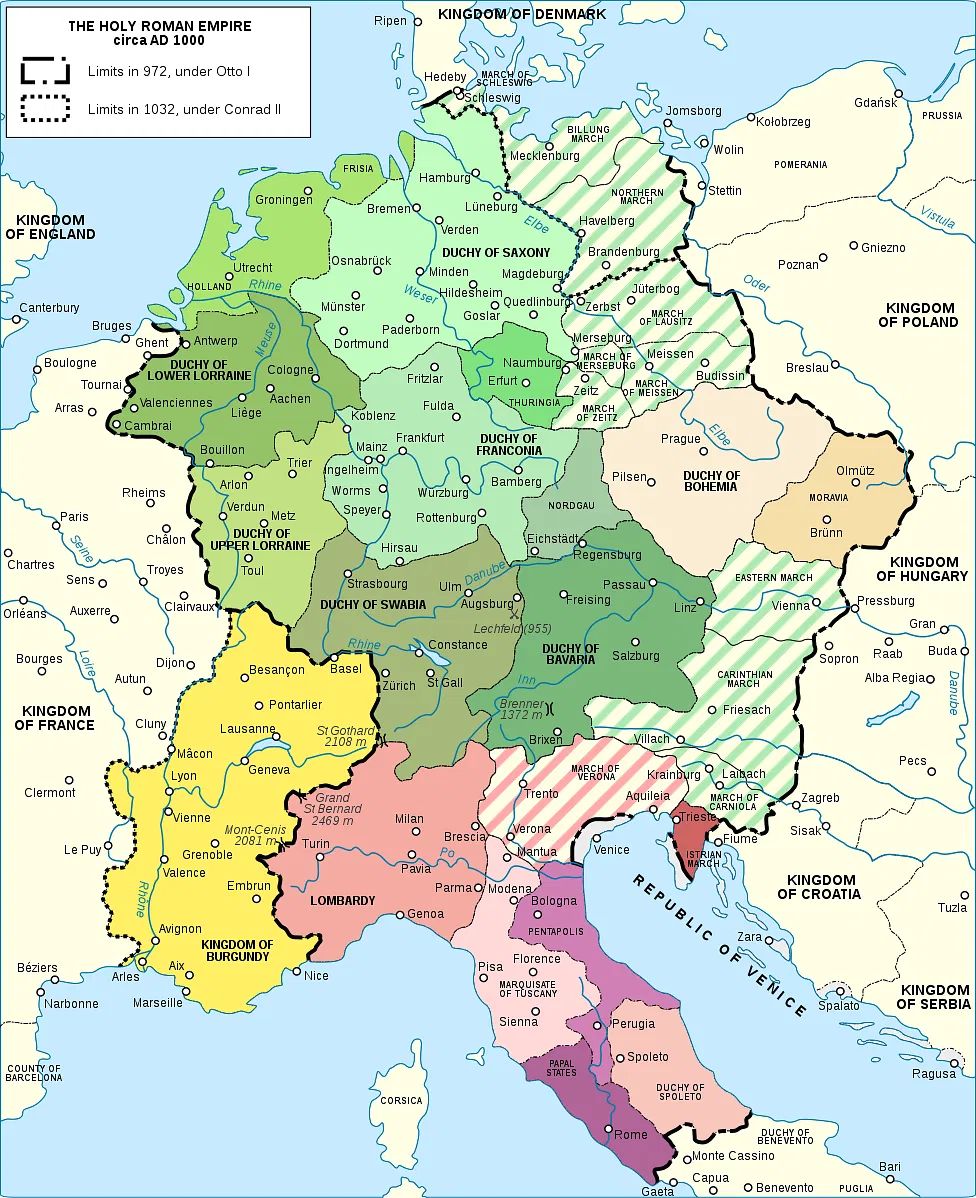
The Holy Roman Empire, made up of a loosely, collective group of member-states such as Great Britain, France, Spain, Italy, Germany, Austria-Hungary countries, of whom, elected the Holy Roman Emperor by means of a Imperial College of Delegates, chosen by the member states, as per the wishes of their own monarchical rulers.
Every new election carried with it the risk of losing the imperial crown to another ambitious family. To prevent this, the ruling dynasty usually had to offer concessions to members of the college to woo their votes. Over time, this hollowed out the imperial family’s power so that - sooner or later - they would enter an election with not much left to offer. These were often the moments when the imperial dynasty was replaced with a new one, only to start the cycle anew. Therefore, despite its impressive size, the Holy Roman Empire only turned into an imperial juggernaut under the strongest of emperors. The weaker ones were on the receiving end of the political machinery of this confederal elective monarchy, de facto ruling over not much more than their family’s hereditary lands, of which, four main dynasty families had risen to power, led by the Franks who carved out a humongous realm in Central and Western Europe. On Christmas Day, 800, the Frankish king, Charlemagne, had himself crowned as emperor in Rome and when, under his grandsons, however, the Frankish realm swiftly disintegrated. They agreed to split the empire into three parts: the Kingdom of West Francia (the precursor of medieval France), Middle Francia or Lotharingia, and East Francia. The third kingdom evolved into the Kingdom of Germany during the late 9th and early 10th centuries.
Over time, these imperial dynasties began co-existing with the individual monarchies, or crowns of the member-states, giving to the dynasties greater means of influence in local economies, cultural affairs, and religious beliefs, and by the 15th Century, this translates into such religious strife all across Europe, that led to a massive Reformation of Political Powers Europe had not seen since the fall of the Roman Empire itself, more than thousand years prior.
Between 1450 and 1750, philosophical and political ideas were changing rapidly throughout the world. The Renaissance, the Scientific Revolution, and the Protestant Reformation all took place during this time period, and people expanded their worldviews as they gained knowledge of new concepts and accepted new ideas. At this time in Europe, most countries had absolute monarchies, and people began to question the power of absolute governments. As their discontent grew, their questions turned to protests. A wave of revolutions took place in the 1700s, an era commonly known as the Age Enlightenment—revolutions in France, in Latin America, and in the American colonies. In all these countries, the revolutions not only changed the political systems and replaced them with new ones, but they altered public belief and brought about sweeping changes in society as a whole.

It would be during this period, a group of "Germans" led by Martin Luther began to organize themselves, breaking away from the Pope, the so-called imperial ruler of the Holy Roman Empire, thus fragmenting Western Christianity, which was heavily dominated by Catholics. He later adopts, and promotes his Lutheran Catechism of which declared to the bishops, under the control of the empire itself...
Oh, you bishops! How will you ever answer to Christ for letting the people carry on so disgracefully and not attending to the duties of your office even for a moment? One can only hope judgment does not strike you! You command the Sacrament in one kind only, insist on the observance of your human ways, and yet are unconcerned whether the people know the Lord’s Prayer, the Creed, the Ten Commandments, or indeed any of God’s Word. Woe, woe to you forever!
The rise of the western church, in defense of liberty is what helped separate this group of people from the king, and it was the church that led the movement to lead us to a new age concept of which the people were the sovereign, not the King, or the President, or the Congress, or the Legislature. It was a group led by the Pastors who organized their congregations, to be the first line of defense, that stood in the way of a corporate, tyrannical government. And the rise of the Black Robe Regiment grabbed a foothold within the American Colonies - the "pastors" began organizing their congregations by forming committees, all of which led to questioning, concurring, and aligning with other individuals across the colonies.

With that, "Republic" was born during the years of 1763 and 1783 when those pastors began to lead those congregations, forming alliances among the thirteen colonies, of whom adopted their Declaration in 1776 of which proclaimed to the world that "We the People" are not considered sovereign, of which led to the adoption of the Articles of Confederation the following year, 1777 of which became the American's version of a loosely, collective group of American Colonies of whom agreed to work together, protect each other, and govern over each other, with the one common goal of separating from the "Crown".
A Republic is a Form of Government or Process in which a state is ruled by the people, and their representatives of the citizen body. Modern republics are founded on the idea that sovereignty rests with the people, though who is included and excluded from the category of the people has varied across history.
While this movement did in fact lead to a war, a war that basically was the American People vs the Rulers of the Holy Roman Empire, the British Monarch, as well as the International Bankers, by 1783 it became clear, and evident, that the "American People" were strong, united, and in agreement with each other.
When the "rulers of the world" finally realized that fact, the war ceased to exist, while the major parties came to the table to adopt an agreement, which today, has come to be known as the 1783 Treaty of Paris, forming an agreement between the Holy Roman Empire, the British Monarch, and the Bank of England.
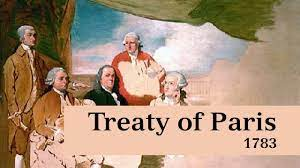
In the Name of the most Holy & undivided Trinity - It having pleased the Divine Providence to dispose the Hearts of the most Serene and most Potent Prince George the Third, by the Grace of God, King of Great Britain, France, and Ireland, Defender of the Faith, Duke of Brunswick and Lunebourg, Arch- Treasurer and Prince Elector of the Holy Roman Empire etc.. and of the United States of America, to forget all past Misunderstandings and Differences that have unhappily interrupted the good Correspondence and Friendship which they mutually wish to restore; and to establish such a beneficial and satisfactory Intercourse between the two countries upon the ground of reciprocal Advantages and mutual Convenience as may promote and secure to both perpetual Peace and Harmony; and having for this desirable End already laid the Foundation of Peace & Reconciliation by the Provisional Articles signed at Paris on the 30th of November 1782, by the Commissioners empowered on each Part, which Articles were agreed to be inserted in and constitute the Treaty of Peace proposed to be concluded between the Crown of Great Britain and the said United States, but which Treaty was not to be concluded until Terms of Peace should be agreed upon between Great Britain & France, and his Britannic Majesty should be ready to conclude such Treaty accordingly: and the treaty between Great Britain & France having since been concluded, his Britannic Majesty & the United States of America, in Order to carry into full Effect the Provisional Articles above mentioned, according to the Tenor thereof, have constituted & appointed, that is to say his Britannic Majesty on his Part, David Hartley, Esqr., Member of the Parliament of Great Britain, and the said United States on their Part, - stop point - John Adams, Esqr., late a Commissioner of the United States of America at the Court of Versailles, late Delegate in Congress from the State of Massachusetts, and Chief Justice of the said State, and Minister Plenipotentiary of the said United States to their High Mightinesses the States General of the United Netherlands; - stop point - Benjamin Franklin, Esqr., late Delegate in Congress from the State of Pennsylvania, President of the Convention of the said State, and Minister Plenipotentiary from the United States of America at the Court of Versailles; John Jay, Esqr., late President of Congress and Chief Justice of the state of New York, and Minister Plenipotentiary from the said United States at the Court of Madrid; to be plenipotentiaries for the concluding and signing the Present Definitive Treaty; who after having reciprocally communicated their respective full Powers have agreed upon and confirmed the following Articles. His Brittanic Majesty acknowledges the said United States, viz., New Hampshire, Massachusetts Bay, Rhode Island and Providence Plantations, Connecticut, New York, New Jersey, Pennsylvania, Delaware, Maryland, Virginia, North Carolina, South Carolina and Georgia, to be free sovereign and Independent States; that he treats with them as such, and for himself his Heirs & Successors, relinquishes all claims to the Government, Propriety, and Territorial Rights of the same and every Part thereof. It is agreed that Creditors on either Side shall meet with no lawful Impediment to the Recovery of the full Value in Sterling Money of all bona fide Debts heretofore contracted - we agreed to absorb all debts taken by both Great Britain and the Americans.
The American Revolution, was really a part of a global conflict, where many people were beginning to reform themselves, thus separating from the Holy Roman Empire, all of which led to the "American" chapter that really took place between the 1763 Treaty of Paris, which led the rise of the Western Church, behind their pastors, of whom led their congregations by holding committee meetings, of which resulted in the 1776 Declaration, the 1777 Articles of Confederation of which formed the United States For America, and of which ended with the 1783 Treaty of Paris of which the powers at-large finally agreed to accept the fact - the American People are free, independent, and sovereign, now fully capable of governing over themselves, as independent "States".
The United State's for America was born on September 3, 1783 - and from that day forward, have been a loosely, collective Group of States of whom adopted their own state constitutions, statutes, and codes of which they began to govern themselves, as of today, 50 Independent States of America.
Of which led to those Independent State's moving to create their own version of a Central Government, when they adopted the United States Constitution in the year 1791, all of those States formally agreed to establish the Federal Government of the United States of which would 'act' on behalf of the 50 States in relation to Foreign Commerce, Monetary, Defense, and Immigration - where the State Legislatures would appoint their two Senators to represent the States, the People would directly elect their Representatives forming a Dual Chamber Congress, and together, through their own "Electoral College of Delegates" - they would nominate, vote, and choose their President to look over, and manage that Federal Government, thus Representing the Independent States.
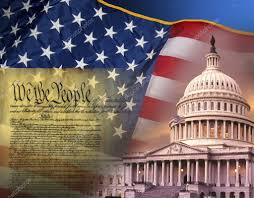
- If the Presidential Electoral System Worked
- Path to a Plutocracy
- Donald Trump's Cause to Change the Constitution
- Republicans Plan 2023 Investigation
- Nature Of Holding Public Elections
- The Political Batter For Control
- With The Fall Of The Second Bank Of North America
- The Debate Over the U.S Speaker
- Interesting Story of America, may provide the answers as to why the Established Order is so upset with Donald Trump and the Patriots
- The Virginia Land Company
- How A Foreign Born People Stole the American Republic
